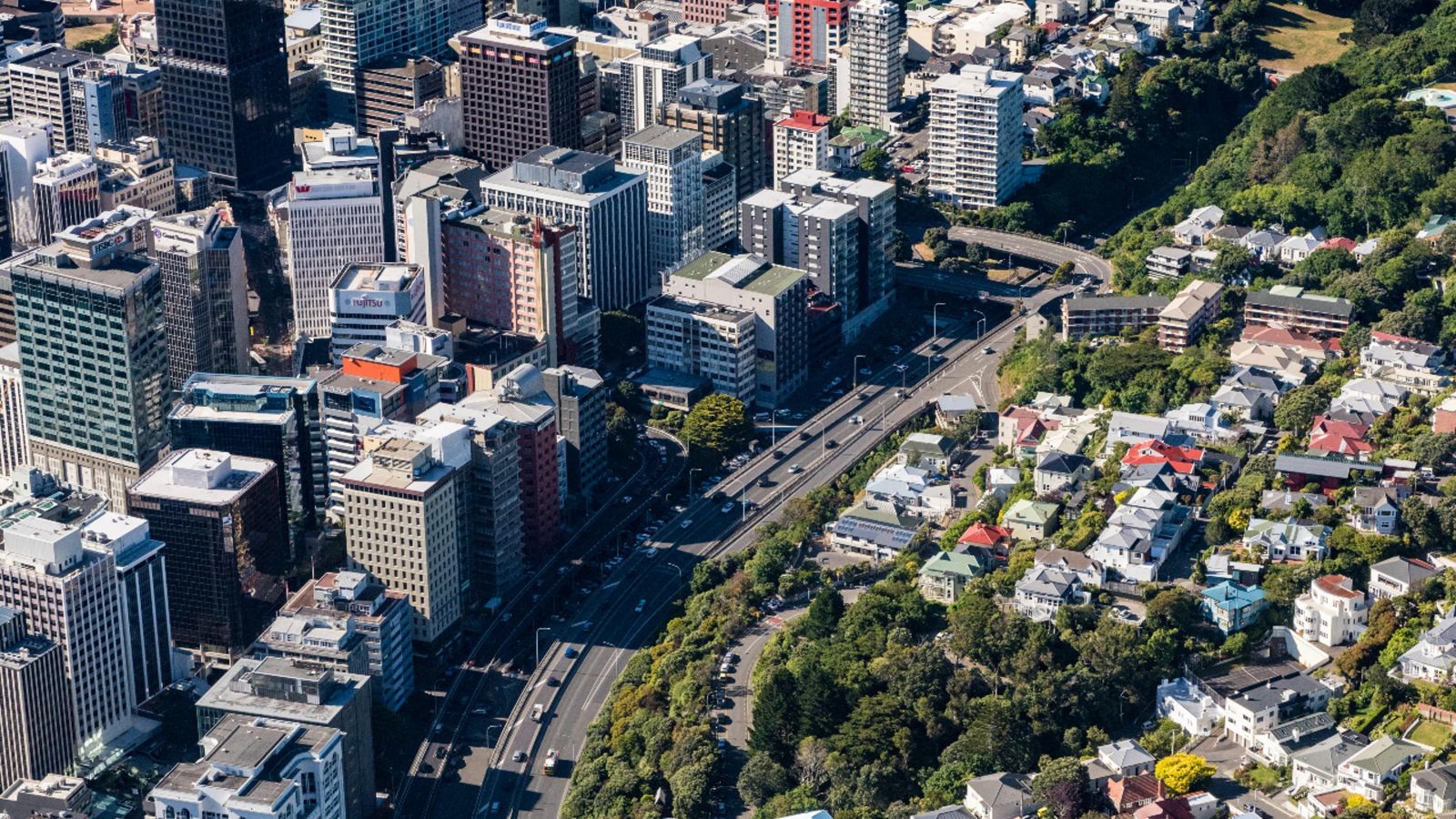Master of Urban and Regional Planning welcomes international student Nicolle Miranda
After graduating with a civil engineering degree and working in Guatemala, Nicolle Miranda enrolled in the Master of Urban and Regional Planning at Te Herenga Waka—Victoria University of Wellington.

“I earned my undergraduate degree in civil engineering from Universidad del Valle of Guatemala and worked in construction and real estate for five years, including the construction of a storage unit complex, a mall, and a 224-apartment complex.
“However, my work experience made me aware of the limited attention given to well-being, so I decided to move towards urban and regional planning to focus on the broader impacts of development.”
Nicolle received the Manaaki New Zealand Scholarship, funded through the New Zealand Aid Programme and administered by the Ministry of Foreign Affairs and Trade, to enrol in the Master of Urban and Regional Planning at Te Herenga Waka—Victoria University of Wellington.
The Master of Urban and Regional Planning looks to the future, shaping and developing the places we live in. It involves four trimesters of full-time study, or normally six trimesters if studied part-time, and complies with the accreditation procedures of the New Zealand Planning Institute.
Nicolle joined classmates from across Aotearoa New Zealand and other countries such as Venezuela and Canada. She says, “studying in Wellington has been a fascinating experience.”
“Coming from a country literally on the other side of the world, where the city has grown informally and exponentially, I found it a complete cultural shock to discover a city as functional and small as Wellington.
“Currently, I live in the city centre, and I have come to understand and integrate into the life of this city.
“My appreciation for the infrastructure, public transportation services, and public spaces has provided me with insights into the current issues in the New Zealand context and allowed me to draw parallels with general trends and challenges faced internationally, which we also address in the master's programme.”
Nicolle also enjoys the dynamics of the Master of Urban and Regional Planning.
“The class schedule is accommodating, allowing me to maintain a job outside of academic hours while still having ample time to review all educational materials and complete assignments.
“I also find the class interactions fascinating. Having classmates from diverse professional backgrounds and cultures enables us to have engaging discussions. These discussions are enriched by our personal experiences and opinions and guided by the programme director, Professor Claire Freeman and our other lecturers.”
Professor Freeman says, “Though the Master of Urban and Regional Planning occurs in New Zealand, the staff teaching the course are multinational. International project examples and experiences are an important part of the course, designed to enable students to work as planners internationally.”
Nicolle’s ambition is to graduate with a Master of Urban and Regional Planning degree and return to Guatemala to address the challenge of sustainable urban development.
“In rapidly growing cities like those in Guatemala, improving infrastructure and urban planning to accommodate growth while maintaining environmental and social sustainability is a key area that I want to work to resolve.
“This includes developing better public transportation systems, creating green spaces, and implementing stricter construction guidelines to enhance resilience against environmental harm. I aim to work on integrating modern planning principles with local contexts to foster more equitable and liveable urban environments.”
Explore the Master of Urban and Regional Planning – MURPlan
Learn how to shape and improve cities, towns, and regions. Develop the expertise to make our urban and rural environments more functional, sustainable, and appealing.
Learn more